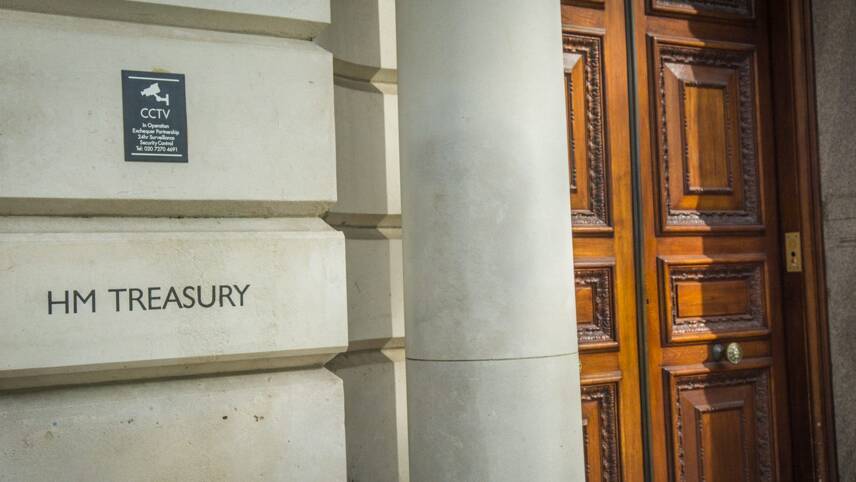Register for free and continue reading
Join our growing army of changemakers and get unlimited access to our premium content

In a new position paper published today (6 May), the finance giant and the NGO welcome Sunak’s headline commitment for the UK to lead on net-zero-aligned finance, made at COP26. In announcing that commitment, Sunak announced several first steps, including the UK’s first sovereign green bond package and a net-zero transition plan mandate for all large businesses.
The transition plan mandate took a step forward last month with the formation of a new Transition Plan Taskforce. This Taskforce will develop the standards against which plans will be assessed, to guard against greenwashing and prevent any corporates from undermining the UK’s 2050 climate goals.
While welcoming these moves, the paper concludes that talk and ambition on low-carbon finance is not yet being supported by the necessary action to change the policy and regulatory landscape. Moreover, it argues that, in the race to net-zero, nature is playing only a minor role when it should be front and centre.
The paper argues that net-zero transition planning is not yet properly embedded in policymaking, stating that some parts of the private sector want to see the UK Government leading by example. WWF and Aviva are calling for the creation of a net-zero transition plan for the whole UK economy, beyond the existing Net Zero Strategy. When the Strategy was launched last autumn, the absence of sector-specific targets to cut emissions, and of any major new funding, raised eyebrows. The Strategy is subject to legal challenges by Friends of the Earth and ClientEarth.
Beyond this overarching transition plan, the paper recommends new rules to make sure that core economic and financial decision-making processes are not completed without proper consideration of climate impacts. This could affect finance packages with a likely high climate impact, like the Road Investment Strategy.
A further key recommendation is to ensure that transition plans from businesses are “consistent, credible and ambitious”. Numerous recent studies of corporate net-zero strategies have found that they often fail to cover all key emissions sources and that they often rely on offsetting beyond the level recommended by climate scientists.
While the paper acknowledges that the Transition Plan Taskforce’s work will go some way to ensuring that transition plans are robust, it calls for a broader set of supports, including changes to the Companies Act. These changes could be put in place when the UK Government updates its Roadmap to Sustainable Investing with a full Green Finance Strategy; this update is expected in the second half of 2022.
Role of nature
Ahead of the Transition Plan Mandate, the UK Government recently introduced mandatory climate risk reporting from large businesses and finance firms, in line with the recommendations of the Taskforce on Climate Related Disclosures (TCFD).
Work is currently underway to finalise a framework that will enable organisations to measure their nature-related risks and impacts, the Taskforce on Nature Related Disclosures (TNFD).
With this in mind, the paper from WWF and Aviva recommends that the Government takes steps to ensure that the private sector is not only working to solve the climate crisis, but the interlinked nature crisis also. It floats the possibility of mandatory nature impact and risk reporting for companies, and the prioritisation of nature in the forthcoming Green Taxonomy for finance.
The UK Government was last year compelled to adopt natural capital accounting – in which nature is assigned a value, thus stopping the destruction or degradation of nature being externalised on balance sheets – through the Dasgupta Review. It responded by promising that all Nationally Significant Infrastructure Projects in England will need to deliver biodiversity net-gain, and promising further work to embed environmental considerations in policy decision-making.
WWF’s chief executive Tanya Steele said: “WWF and Aviva share the same view – that the world still has time to avoid the worst impacts of a climate catastrophe, but only if all of us, especially governments and businesses, take immediate action.
“Shaping our net-zero future will create jobs and protect and restore the environment but for that to happen the forthcoming Green Finance Strategy must include a coherent transition plan for the whole of the UK economy.”


Please login or Register to leave a comment.